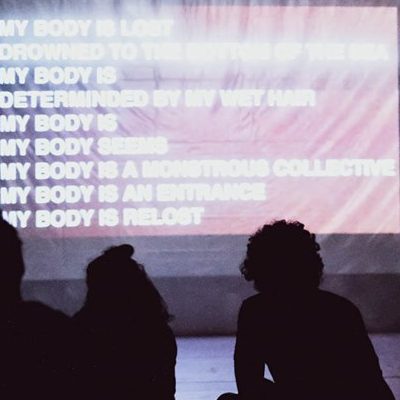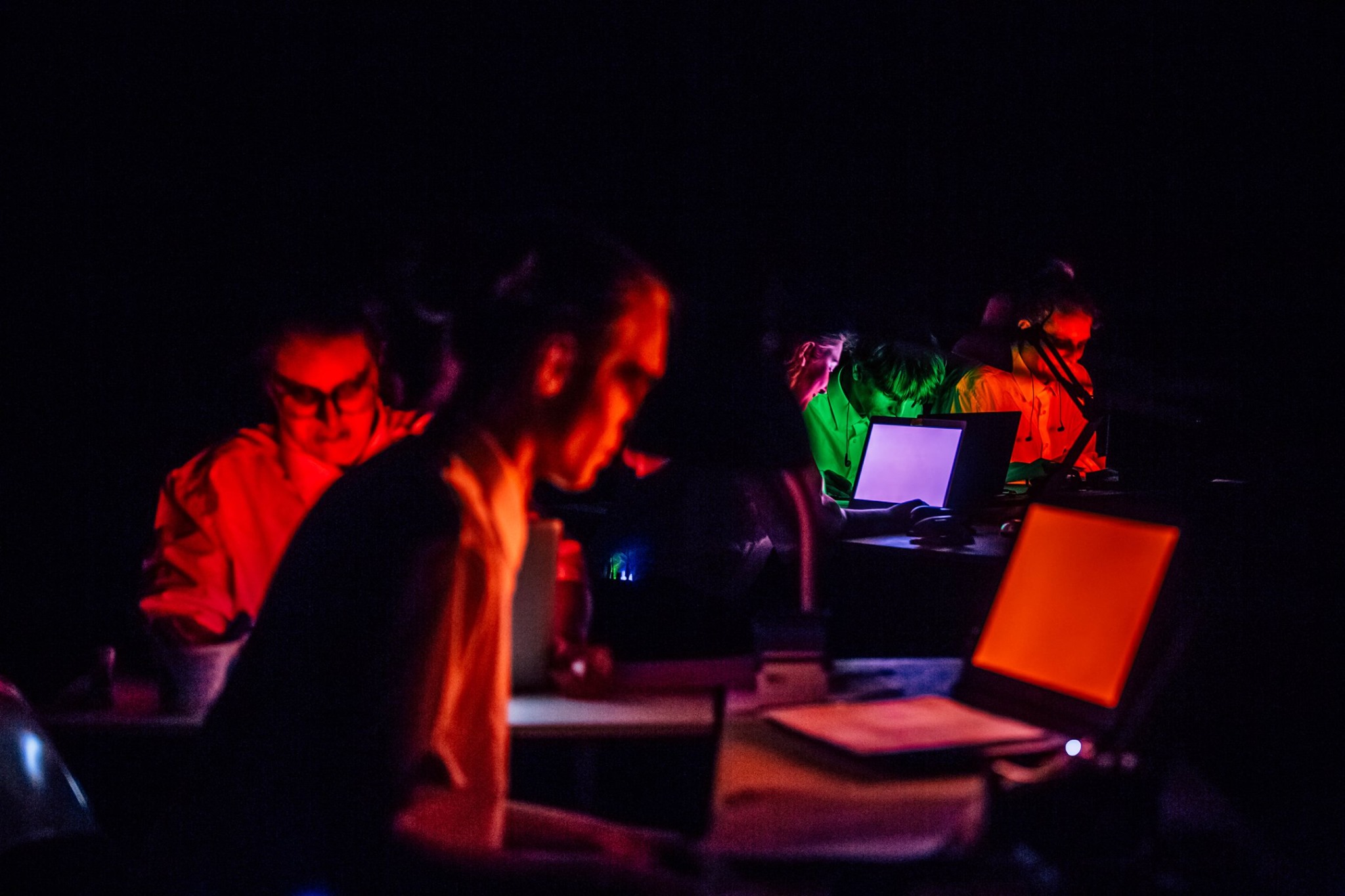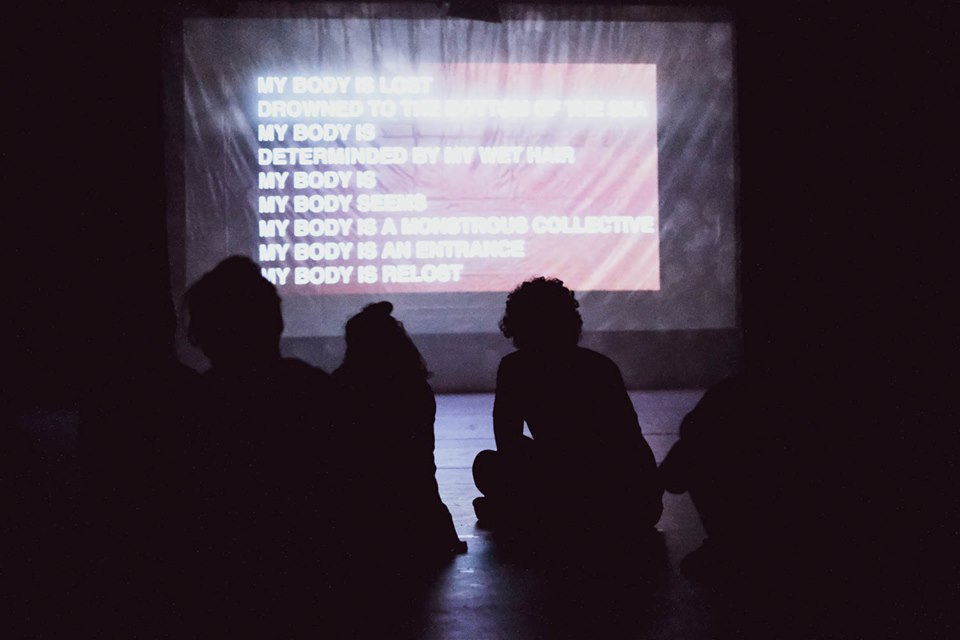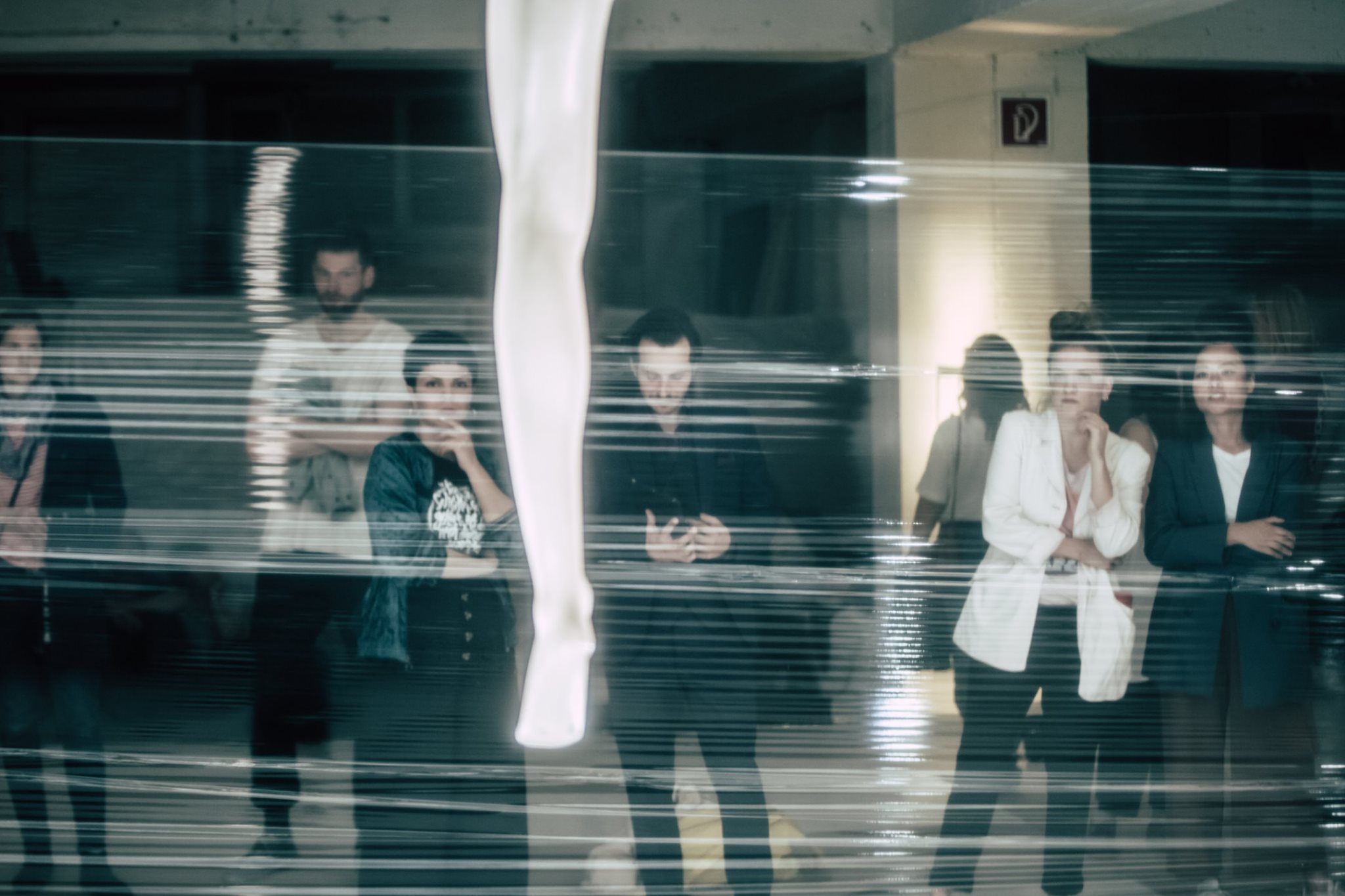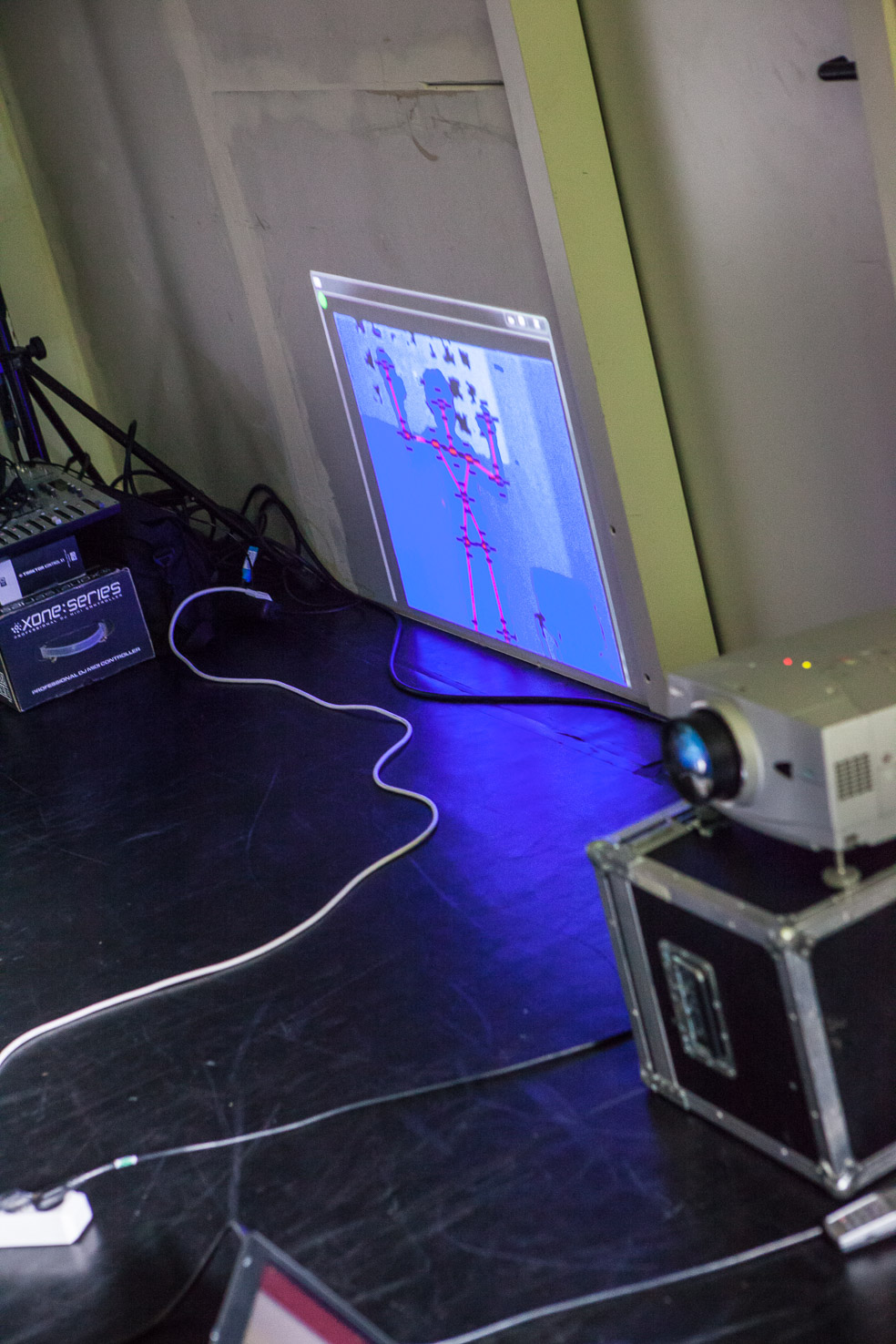STAGING COMPLEXITY – A laboratory for art and theatre in the digital age
thu, 19. MÄRZ 2020, 11am – 5pm
ONLINE
The symposium was organized by Cheers for Fears in co-production with the Academy for Theatre and Digitality, the Dortmund Theatre and the Office medienwerk.nrw. Due to the decisions of the City of Dortmund on the handling of COVID-19, the originally planned presence laboratory of several days was not possible. Therefore the potentials and limits of digitality were tested in a concentrated online symposium on March 19th.
Digital technologies have been changing the way we think, work, love, communicate and live together for a long time. Algorithms regulate the flow of traffic, social networks create new forms of relationships and management systems optimize workflows. Digitality thus also shapes artistic content, transforms established modes of representation and produces new art forms. How do theatre and art reflect and explore these profound changes?
The digital and networked present was analyzed in the context of a public online symposium. The potential, but also the limits of the digital in society, culture and art were questioned: How does digital change affect our everyday social practices? How does it influence artistic modes of narration and design? What does this mean for directors, video artists, actors or musicians? What does this mean for their audience? How do we experience art and cultural practices that do not only make use of individual technical aids, but are at home in computer-generated environments?
The Online Symposium
Diana McCarty opened the online-symposium with the question of techno-feminist modes of action and organization, Anja Breljak dealt with the fact that computer technologies have become an integral part of our intimate sphere, Christian Sievers and Régine Debatty asked how artists react to dispositives of insecurity, control and precarization, and Philipp Jonathan Ehmann discussed how social networks and computer games change narratives in the performing and visual arts. Last but not least, the symposium created space for discussion and exchange about visions and fears in digital times.
The technical procedure: On the day of the symposium, a link to participate in the symposium was posted at 10 a.m. Active participation via the browser and the telecommunications provider Zoom was guaranteed. For active participation in the discussions, a computer with microphone and possibly webcam was required. Questions regarding content could be directed to labor@cheersforfears.de. Furthermore, a telephone number was published on the day itself, which could be used for technical questions.
More info about the event
Programme on Thursday, March 19, 2020
| 11:00 | Welcome Michael Eickhoff (Academy for Theater and Digitality, Theater Dortmund) Sina-Marie Schneller, Jascha Sommer (Cheers for Fears) Klaas Werner (Office medienwerk.nrw) |
| 11:30 | Intervention I Diana McCarty: Be(coming) media – Techno feminist Pasts, Presents & Potentials, (ENG) |
| 12:30 | Intervention II Anja Breljak: Staging Affect? Digitization as a socio-affective process (DE) |
| 13:30 | Break |
| 14:30 | Tele-Panel: Artistic approach to (post)digital challenges Christian Sievers: Trackedness. The dream of control, dealing with Insecurity – and what art makes of it (DE) Régine Debatty: Where are the click-luddites? (ENG) Philipp Jonathan Ehmann: Multimedia theatre – completely without media, completely without Theatre (DE) |
| 16:00 | Break |
| 16:15 | Discussion about the Tele-Panel |
| 17:00 | End |
The online-symposium Staging Complexity was organized by Cheers for Fears in co-production with the Academy for Theatre and Digitality, the Dortmund Theatre and the office medienwerk.nrw (office hosted by: Hartware MedienKunstVerein). Supported by the Ministry of Culture and Science of the State of NRW and the Kunststiftung NRW.



